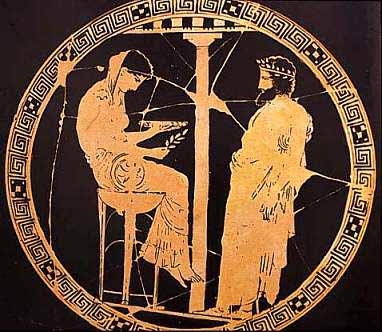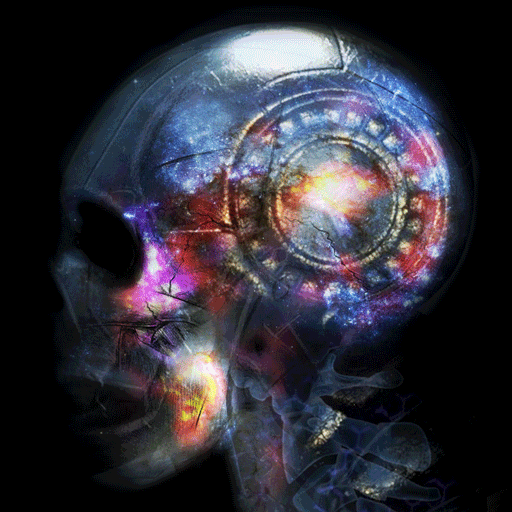The idea of “social entrepreneurs” has been around for a few decades, and though second-rate thinkers believe it’s a model for the future, it belongs to the past.
Social entrepreneurs is a shtick that emanated from the business model mind-set, which cons people into believing they can both be a creative individual, and a member in good standing of the herd.
The notion that if your spiel is in 100 countries you must be doing something right is no more valid than what’s trending on the Net. Let’s get serious.
Though it may be part of human nature to try to have things both ways, adults with any maturity realize we cannot.
In simple but not simplistic terms, Americans can be described as a people that have been raised to believe that not only can they have things both ways; it’s their right. That’s why even highly educated people in this land fail to develop an ear and eye for contradiction.
The social entrepreneur con and conceit has an existential contradiction at its core: You can be both part of the mass, and  be your own person, an individual.
be your own person, an individual.
The word ‘individual’ means ‘not divided.’ What we are, and what society values, are dividuals, not individuals. An individual stands alone and is undivided. She or he never compares oneself to others. An individual is therefore free.
On the other hand, ‘changemakers,’ we’re told by the Delphic Oracles of a dead-end social and political order, “are people who can see the patterns around them, figure out ways to solve the problem, organize fluid teams, lead collective action and continually adapt as situations change.”
That sounds wonderful, until you stop to think about it. For one thing, teams are for sports and business. They have little or nothing to do with insight, transformation (individually and socially), and true relationship.
The idea that we can accomplish with teams what we cannot do alone is philosophically wrongheaded and spiritually vacuous. In truth, we can only share insight with others to the extent that we are awakening insight within ourselves.
“Problem solving” is a very problematic mind-set. Indeed, the problem solving mind-set lies at the root of the problem.
Why? Because problem solving is an inherently externalizing approach that implicitly accepts underlying assumptions about society and humanity that must themselves be examined and overturned.
Here’s an example of problem solving. “If you live in “a high crime neighborhood, you can create an app that has a panic button that alerts everybody in the neighborhood when a crime is happening, which allows people to network with their neighbors, to organize, chat, share crime statistics and work together.”
The sorrow and absurdity of such problem solving is obvious to any thinking/feeling person. But “thought leaders” actually hold it up (it’s been implemented in a Mexican city) to show what changemakers do to “change the world.”
So where does the social/political dimension come in? It’s true that any social vision is also political, but a true vision for humanity isn’t fundamentally political.
The political dimension is the manifestation of personal disorder, and to bring about a psychological revolution we have to stop seeing and taking things personally.
Everyone short of illumination is to one degree or another self centered. And though an entire industry has emerged with charlatans only too willing and able to convince gullible people they are enlightened, there are actually very few human beings who have completely transcended self, thought and time. (And no, I’m not one of them, though one has one’s moments, and the breakthrough of illumination could occur in this lifetime within one, or anyone.)
beings who have completely transcended self, thought and time. (And no, I’m not one of them, though one has one’s moments, and the breakthrough of illumination could occur in this lifetime within one, or anyone.)
We’re facing a crisis of human consciousness itself. The inane idea that the problem lies in the West going from an “abundance mind-set” in the 1990’s to a “scarcity mind-set” now is not just superficial and mistaken; it’s deeply misleading.
Since the collapse of the communist system in the USSR (China is another story), what’s actually happened is that a psychological bubble in the West, inflated by a triumphalist America, has burst.
The West has therefore gone from the illusion that “democratic capitalism provides bounty, prejudice gradually fades away, and growth and dynamism are our friends,” to the primal perennial reality that “resources are limited, the world is dangerous, group conflict is inevitable, and we have to stick with our tribe.”
The latter reality is as old as man. To change it, at least a bit, one has to stand alone, ignite insight, and be a light to yourself. Then you have the capacity to think together and ignite insight with others.
Awakening insight for its own sake, without upholding the dividual ‘me’, is what humanity needs, not more social entrepreneurs, problem solvers and team players. Or ‘changemakers.’
Martin LeFevre

